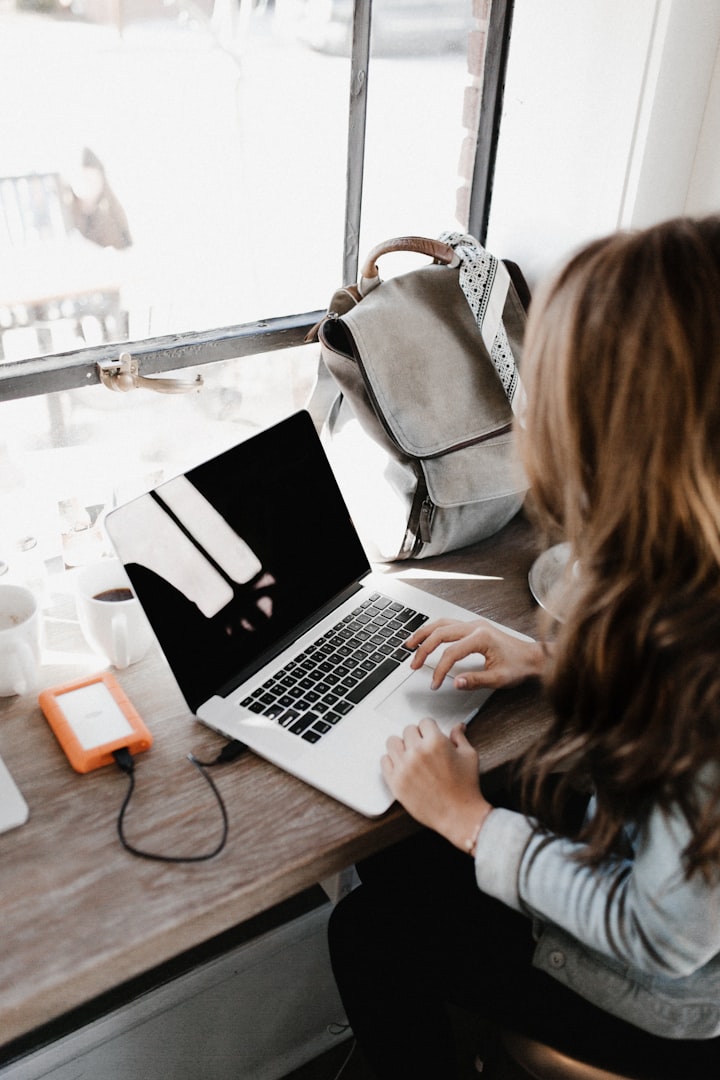Freedom of media
How the Government is Restricting Our Freedom of Media

A fundamental component of democratic societies is media freedom. Citizens can access information, voice their opinions, and hold those in power accountable thanks to this system. However, for a variety of reasons, governments all over the world frequently attempt to restrict this freedom. We will examine how governments restrict media freedom, the effects of these restrictions, and the significance of protecting press freedom in this essay.
Censorship is one of the most common ways that governments restrict media freedom. Certain websites, publications, and news outlets may be censored by governments to prevent them from reporting on sensitive topics. For instance, the internet is heavily censored and Google, Facebook, and Twitter are blocked in China by the government. Because of this, the government can restrict citizens' access to alternative viewpoints and control the flow of information.
Licensing is another way that governments restrict media freedom. In many nations, media outlets must obtain a license before they can operate. This may appear to be a reasonable requirement, but it can be used to regulate the content produced. A media outlet that reports on sensitive topics or is critical of the government, for instance, may be denied a license by the government.
Another strategy used by governments to limit media freedom is intimidation. The government may harass or intimidate journalists who report on contentious or sensitive subjects to prevent them from doing so in the future. Journalists who report on the government's crackdown on dissent, for instance, frequently face harassment, arrest, and imprisonment in Turkey.
Governments also use legal restrictions to restrict press freedom. For instance, an administration might pass regulations that make it against the law to distribute particular kinds of data, for example, public safety mysteries or data that is considered to be unsafe for public request. On the other hand, a government may enact laws requiring journalists to disclose their sources, which may deter whistleblowers from disclosing crucial information.
Another way that governments can restrict media freedom is through ownership. In some nations, the government may directly own or control media outlets, utilizing them to advance its agendas and restrict the public's access to diverse viewpoints. In Russia, for instance, the majority of major media outlets are owned or controlled by the government, allowing them to dictate the narrative and restrict citizens' access to alternative viewpoints.
Government restrictions on media freedom can have far-reaching consequences. The public has less access to information and is less able to make informed decisions about their own lives when media outlets are censored, intimidated, or restricted by the government. Citizens may be only exposed to a small number of viewpoints or are unaware of significant issues. Because they are not subject to scrutiny by the media or by citizens, this can result in a lack of accountability on the part of those in power.
Besides, limitations on the opportunity of the media can chillingly affect free articulation. The public loses access to an important source of information and analysis when journalists are afraid to report on sensitive topics or voice their opinions. A decrease in public discourse and a lack of diversity of viewpoints and ideas may result from this.
Governments must uphold the right to press freedom and provide support for a diverse and independent media landscape. Not only is media freedom a fundamental right, but it is also an essential part of democratic societies. Citizens have access to accurate information and those in power are held accountable for their actions thanks to a free press. In addition, the protection of other human rights, such as the right to free speech and privacy, requires a free press.
Governments need to take steps to ensure that journalists are protected to preserve press freedom.
About the Creator
Malik Umar Awan
Hello my name is Umar and I love writing content I hope you will like my work






Comments
There are no comments for this story
Be the first to respond and start the conversation.